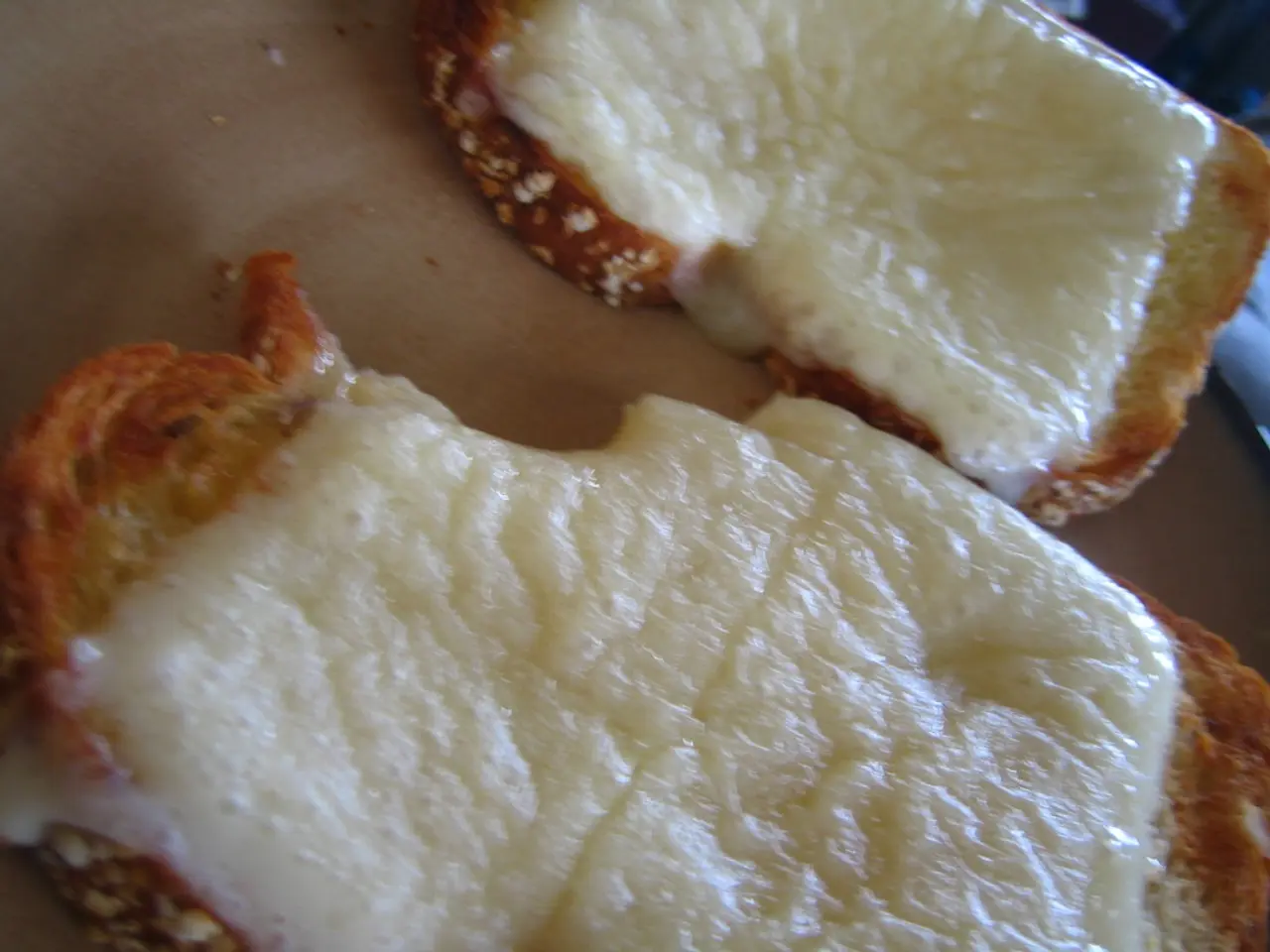Effectiveness of CBD Cream for Eczema: What's the Verdict?
In a significant shift, the 2018 Farm Bill removed hemp from the legal definition of marijuana in the Controlled Substances Act, making some hemp-derived CBD products with less than 0.3% THC federally legal. One such product that has garnered attention is CBD cream, touted for its potential benefits in managing eczema symptoms.
CBD creams, when formulated correctly, can offer a natural, anti-inflammatory, and moisturizing alternative or complement to conventional eczema treatments. These products are designed to reduce itching, redness, inflammation, and skin irritation, while also promoting skin hydration and repair.
Key Points about Effective CBD Creams for Eczema
- Anti-inflammatory and Soothing Effects: CBD interacts with the body’s endocannabinoid system to regulate inflammation and reduce discomfort associated with eczema symptoms such as itching, redness, and swelling.
- Moisturizing Properties: Effective creams often include oils like jojoba seed oil and antioxidants that hydrate the skin and help retain moisture, which is crucial for eczema management.
- Natural Formulations: Avoiding harsh chemicals, many top CBD creams are made with organic, plant-based ingredients and free of THC, ensuring gentler treatment for sensitive or recurring skin conditions.
Examples of Praised Products
- British Cannabis CBD Cream: Made with organic ingredients and tested for safety, it offers anti-inflammatory and calming effects without synthetic additives.
- Cause Medic CBD Body Balm: A hydrating and healing balm with broad-spectrum CBD, jojoba oil, and antioxidants. It is designed for dry, itchy, or inflamed skin including psoriasis and eczema.
- Honest Botanicals CBD Cream: Focuses on plant-based ingredients targeting dry, irritated skin for eczema and psoriasis relief.
Comparison to Other Options
- Traditional corticosteroid creams: These are commonly prescribed and reduce inflammation quickly but can cause side effects if used long-term, such as thinning skin or irritation.
- Home remedies like oatmeal baths: These have soothing and anti-inflammatory effects but may not provide targeted, consistent treatment or skin barrier repair like CBD creams.
- Non-CBD moisturizers: Regular emollients or creams hydrate but often lack the anti-inflammatory benefits unique to CBD.
Considerations and Cautions
While preclinical research suggests topical CBD may help some skin conditions, more large-scale clinical studies would help fully establish their efficacy compared to standard treatments. It is essential to note that CBD products may interact with certain medications and may not be safe for people who are pregnant or breastfeeding.
Individuals with tree or nut allergies should exercise caution and carefully read labels to avoid ingredients that may trigger an allergic reaction. If a person has new symptoms relating to eczema, they need to contact a dermatologist.
If a person experiences itchiness or symptoms that interrupt sleep or daily activities most days of the week, they need to contact a dermatologist. CBD creams may provide immediate relief from soreness, help reduce inflammation and itching, help decrease the risk of infection, and are available without a prescription.
However, not all CBD products undergo third-party testing to ensure ingredient safety and transparency, and the FDA has not approved nonprescription CBD products, and some products may be inaccurately labeled. Be sure to check state laws, especially when traveling, as CBD creams are not currently FDA regulated.
In summary, CBD creams appear to offer a natural, anti-inflammatory, and moisturizing alternative or complement to conventional eczema treatments, with fewer side effects and additional antioxidant benefits. Choosing high-quality, broad-spectrum CBD formulations with added natural moisturizers is recommended for best symptom relief and skin health support.
- The 2018 Farm Bill established CBD creams with less than 0.3% THC as federally legal products, and they have gained attention for their potential in managing eczema symptoms.
- CBD creams can serve as a natural, anti-inflammatory, and moisturizing alternative or complement to conventional eczema treatments, reducing itching, redness, inflammation, and skin irritation while promoting skin hydration and repair.
- In the health-and-wellness industry, British Cannabis CBD Cream, Cause Medic CBD Body Balm, and Honest Botanicals CBD Cream are examples of effective CBD creams for eczema, offering anti-inflammatory and calming effects without synthetic additives.
- Traditional corticosteroid creams are commonly prescribed for eczema, but they can cause side effects such as thinning skin or irritation if used long-term, whereas CBD creams offer fewer side effects.
- CBD creams may interact with certain medications or may not be safe for people who are pregnant or breastfeeding, and it's essential to consult a healthcare provider for queries regarding their safety.
- Individuals with tree or nut allergies should carefully read labels to avoid ingredients that may trigger an allergic reaction, and those with new eczema symptoms should contact a dermatologist.
- While preclinical research suggests topical CBD may help some skin conditions, more large-scale clinical studies are needed to fully establish their efficacy compared to standard treatments.
- Choosing high-quality CBD creams with broad-spectrum CBD formulations and added natural moisturizers is recommended for best symptom relief and skin health support, however, not all CBD products undergo third-party testing to ensure ingredient safety and transparency, and the FDA has not approved non-prescription CBD products.




